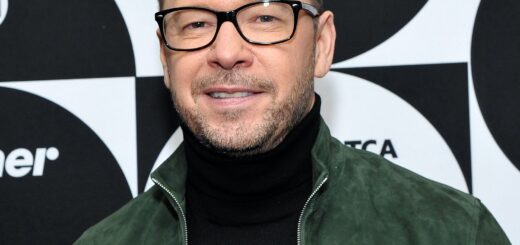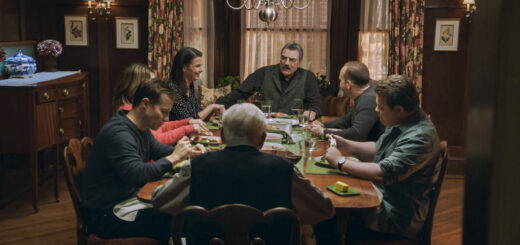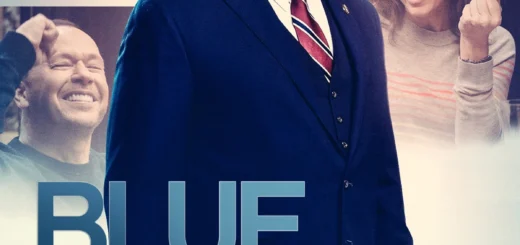“Blue Bloods: Last Call”
For fourteen years, Friday nights at 10 p.m. meant one thing: Blue Bloods. While I usually multitask, turning on the TV for background noise while writing or editing, this show always demanded my full attention. Blue Bloods is more than just entertainment; it’s a deep exploration of family, faith, and duty.
The show revolves around the Reagan family, the NYPD’s First Family. Frank (Tom Selleck), the Police Commissioner, must balance running New York’s police force with his role as a father. His father, Henry Reagan (Len Cariou), a former Police Commissioner, provides wisdom. Frank’s daughter Erin (Bridget Moynahan) is an Assistant District Attorney, his son Danny (Donnie Wahlberg) is a detective, and his youngest son, Jamie (Will Estes), also serves as a cop. Together, they live out the NYPD motto “Fidelis ad Mortem” (Faithful unto Death), upholding the family tradition of “protecting and serving” New York City.
The show’s deep Catholic values stand out. Sunday family dinners are a staple, and these meals often start with grace before meals. The family’s faith is front and center, with regular mentions of the homilies they’ve heard at church. Their love for one another is tangible, with Frank often saying, “It’s never about the food.” Their strong family bonds and shared Catholic identity are always present.
Frank’s friendship with the Archbishop highlights the show’s respect for the Church, and the characters’ lives reflect their faith. The children attend Catholic schools, and while the show doesn’t shy away from challenging moments, such as Erin’s rebellious daughter or Jamie’s courtship of Eddie, it always maintains a sense of moral clarity. The couple’s wedding at St. Patrick’s Old Cathedral symbolizes their commitment to both faith and family. Even when Erin experiences a divorce, the show allows for redemption as she and her ex-husband reconcile.
Police work isn’t romanticized or demonized; instead, it’s shown as a vocation. The characters reflect on their actions, often turning to confession when they feel their consciences are pricked. The Church is rarely portrayed negatively—on one occasion, when a priest is accused of abuse, it turns out to be a false accusation.
Despite Blue Bloods being one of CBS’s top-rated shows, rumors of its cancellation circulated for months, and in the end, the show was canceled. Fans and cast members, particularly Wahlberg and Selleck, campaigned hard to save the show, but it ended after 14 years. The show’s cancellation came as a shock, especially since it had garnered an average of 11 million viewers. Wahlberg’s emotional farewell reflected the deep bonds the cast had formed. He expressed gratitude to Selleck, who became a father figure to him both on and off-screen.
So, what led to the show’s demise? Some suggest that its strong Catholic themes were too much for the mainstream, particularly for the elites who often shape public opinion. This mirrors an incident from the 1980s when John Powers’s play Do Patent Leather Shoes Really Reflect Up? was a massive hit in Philadelphia but struggled after a scathing review in The New York Times. At the same time, anti-Catholic narratives were pushed forward by works like Sister Mary Ignatius Explains It All for You, which, unlike Blue Bloods, vilified the Church. The contrast between these works highlighted a cultural bias against Catholicism that still lingers.
The rise of woke culture and mainstream media’s rejection of traditional values only intensified the divide. While most Americans still hold onto traditional values, the elites continue pushing their own agenda, resulting in the cancellation of a beloved and successful show like Blue Bloods. CBS’s decision may have been a victory for ideology, but it was a loss for the viewers who embraced the show’s message of faith, family, and duty.


